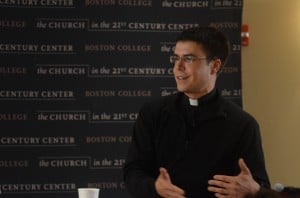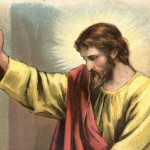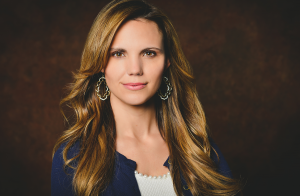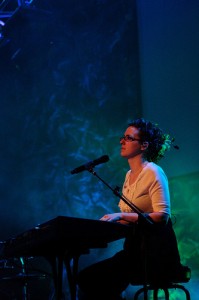
Image: A. Featherstone via Flickr Creative Commons
“I was ready to be an atheist. I was going to be a Catholic or an atheist.” In a recent column, David Brooks cites these words of Catholic singer-songwriter Audrey Assad as illustrative of what religious commitment feels like from the inside.
“A Catholic or an atheist.” Isn’t it curious that Assad should feel herself caught between two possibilities having nothing in common? I struggle to understand her crisis. Assad’s life-experience and intellectual journey were such that, at the moment before her choice, both Catholicism and atheism seemed reasonable. The extremes touched one another. The vast space of compromise between Catholicism and atheism vanished.
Yes, that’s right – all those resting in a religion other than Catholicism or atheism (the latter, though its adherents hate to admit it, requires just as much daring as a religious commitment), have contented themselves with compromise. Since the missionary Church was born on Pentecost, the apostolic faith has been, quite simply, the thickest, most robust thing on offer to religious seekers. Catholicism embraces all arenas of human activity, which other religious and intellectual traditions have sometimes sought to separate: faith and reason, spirit and matter, Scripture and Tradition, faith and works, contemplation and action, public and private life, etc. Religious options other than Catholicism typically exclude one or the other side of these binaries, placing them outside the purview of Christian life. For instance, classical Protestantism eschews human reason, e.g. recall Luther’s famous remark: die verflucte Hure, Vernunft, “the accursed whore, reason.”
The “thickness” or “density” of Catholic belief and practice flows from the conviction that the eternal Father, through his Word, is the First Cause and Last End of everything that exists. The Father’s only Son even assumed a created, human nature, lived a fully human life, and died a human death to reconcile the whole of fallen creation to the Father. All of which is to say that a Catholic worldview does not allow for spaces void of God’s presence and power. If such holes in reality exist (these are precisely what evil “is”), they are of our own making, and the call of conversion to the Kingdom urges us to open them to grace.
If we take this vision seriously, then Audrey Assad’s perception of an “all-or-nothing” choice makes perfect sense: either the whole world is a sacrament of the Creator’s activity, meant to attract us God, or everything around us is just dead weight pointing nowhere. If God is present in some realms, i.e. those of faith, spirit, Scripture, contemplation, and private life, but not in others, i.e. reason, matter, Tradition, action, and public life, how can one name Him Creator? Catholicism and atheism refuse to compromise inasmuch as each has a consistent attitude to the whole: Catholicism regards everything as intrinsically sacramental, dripping with significance that points us back God; atheism regards all meaning, everywhere, as a human creation, pointing only and forever back to ourselves.
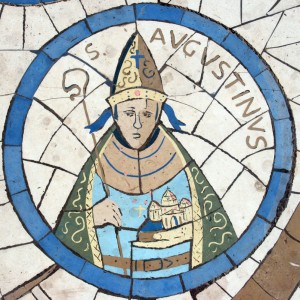
Brooks notes that Assad’s lyrics are peppered with phrases from the works of Augustine (her 2010 song Restless being the most obvious example). This is no coincidence, since like Assad Augustine ultimately recognized his compromises and rejected them. One need think only of his ultimate rejection of Manichaeism (one of religious history’s great compromises), a dualist doctrine that regards the physical world as at war with God.
Like Assad, Augustine faced a crisis of choosing between two possible points of orientation for his life: God or the self. Even after reconciling himself to those aspects of Christian faith which had been intellectual stumbling-blocks for him, he nevertheless felt tempted to adopt the existential compromises of his youth, when he prayed, “Grant me chastity and continence, but not yet” (Conf. VIII, 7). He found “two wills” within himself, one inclining him to the self and its pleasures, the other urging him to adhere to God. Augustine saw that there is no honest compromise between these two inclinations. He also discovered that adhering to God was possible with grace, i.e. God’s work of healing and elevating us beyond our natural capacities. While on pilgrimage in the shadows, we seldom see the alternatives before us with the unambiguous clarity of St. Augustine or Audrey Assad, but sooner or later for all of us discipleship will be an “all-or-nothing” affair.



